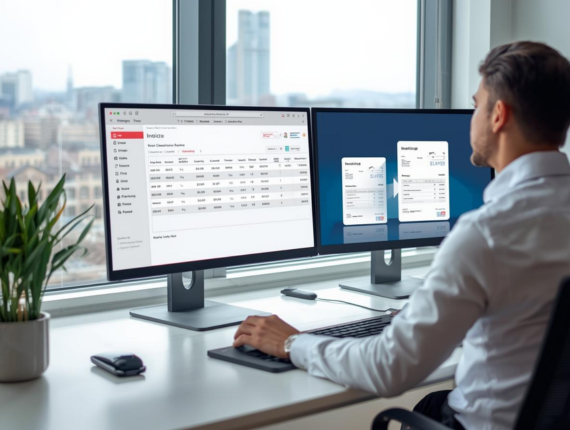The Ministry of Finance has published a draft regulation adapting the JPK_VAT regulations to the changes resulting from the introduction of the National e-Invoicing System. The new regulations aim to standardise the method of reporting invoices, including those issued outside the KSeF—both in emergency and offline mode24. The draft also defines the rules for VAT settlements on the collected and unreturned deposit for packaging covered by the deposit system.
The draft provides for the introduction of a mandatory element in the structure of the JPK_VAT, where the taxpayer indicates one of four designations:
- NrKSeF – number assigned by KSeF if the invoice was issued in KSeF
- OFF – for invoices issued in the KSeF failure mode, which do not yet have a KSeF number at the time of filing the records,
- BFK – for invoices issued in electronic or paper form, outside the KSeF system,
- DI – for documents other than invoices or invoices issued offline24, that have not yet been sent to KSeF or do not yet have a KSeF number.
According to the explanations of the Ministry of Finance, in the case of invoices issued offline24, the taxpayer will be obliged to show them in the JPK_VAT and mark them with the DI symbol if on the day of sending the SAF-T file, the invoice does not yet have a KSeF number. After obtaining it, it will be necessary to correct the records and assign the correct KSeF number. It is worth remembering that the JPK_VAT format will apply to all companies from 1 February 2026, regardless of whether they must issue invoices from 1 February 2026, from 1 April 2026, or from 1 January 2027.
“In practice, the obligation to correct SAF-T caused by assigning a KSeF number to invoices issued offline on 24 May is rare. The offline24 mode assumes the invoice will be sent to KSeF within the next working day. Since the JPK_VAT file is usually sent by the 25th day of the month/quarter, most invoices issued offline will have time to obtain the KSeF number before the records are submitted, says Michał Sosnowski from Exorigo-Upos. Correction will be necessary only in exceptional situations, when the technical or internal procedure for sending invoices to the system is delayed. It should be remembered that the changes in the SAF-T file apply to both sales and purchase invoices. Therefore, we can obtain an invoice issued offline24 from the supplier in paper or PDF form, which will be the basis for posting, and the structured invoice will be available to download only after the issuer issues it in KSeF.
Read more about our SmartKSeF solution


